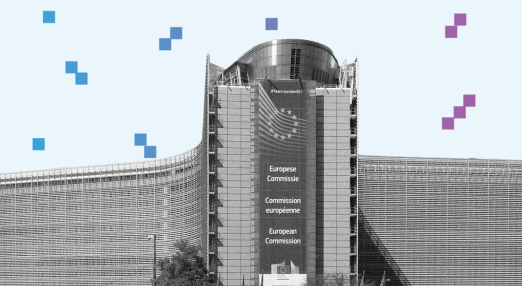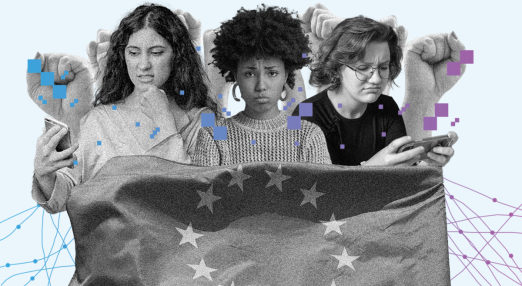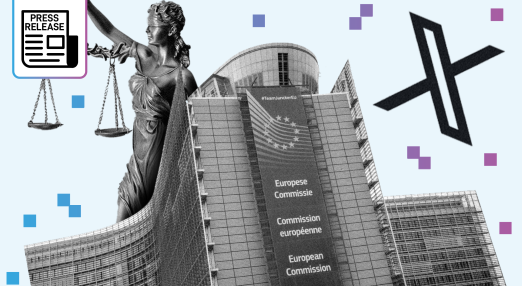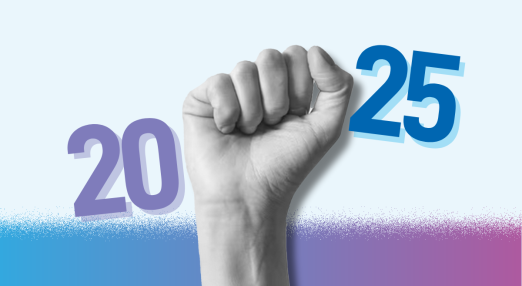Privacy and data protection
Privacy and data protection are essential for us to live, connect, work, create, organise and more. Governments and companies have long used mass surveillance for control trying to legitimise snooping for health, security or other reasons. The near-total digitisation of our lives has made it easier to control, profile and profit from our attention, data, bodies and behaviours in ways that are very difficult for us to understand and challenge. European data protection standards such as the GDPR are a good step forward but we need more to effectively ensure enforcement and protection against unlawful surveillance practices.
Filter resources
-

EDRi-gram, 18 February 2026
What has the EDRi network been up to over the past few weeks? Find out the latest digital rights news in our bi-weekly newsletter. In this edition: A competitiveness feast with our rights on the menu 🍽️
Read more
-

Czech ministry apologizes to journalist for blanket collection of mobile phone data
The Czech Supreme Court has ruled that the legal regulation of blanket collection of electronic communications data (known as data retention) violates European Union law in a "long-term and particularly serious manner." This decision is the result of a multi-year campaign by the organization IuRe. However, the responsible minister has not yet taken steps to end blanket collection.
Read more
-

European Commission’s plans will lead to worse regulations
EDRi is deeply concerned that the European Commission’s current plans to amend the Better Regulation framework will lead to worse lawmaking, not better. In its submission to the Commission, EDRi shares recommendations to ensure balanced representation, fairness, transparency, and meaningful safeguards in EU lawmaking.
Read more
-

Reopening GDPR and ePrivacy through the Digital Omnibus: a risky path for EU digital rights
EDRi has assessed the Digital Omnibus proposals affecting the General Data Protection Regulation (GDPR) and the ePrivacy framework. While presented as simplification, the changes amount to deregulation in effect, weakening fundamental rights safeguards, increasing legal uncertainty, and advancing through a process that falls short of democratic lawmaking standards.
Read more
-

AI Omnibus: Reject the proposals to undermine transparency in the AI Act
The European Commission’s dangerous and misguided Digital Omnibus proposal includes a dangerous rollback of transparency requirements in the AI Act. 60 civil society organisations, independent public authorities and individuals, including EDRi, urge EU lawmakers to reject a change that would risk weakening enforcement, legal certainty, and the protection of fundamental rights, while offering negligible benefits for companies.
Read more
-

EDRi-gram, 4 February 2026
What has the EDRi network been up to over the past few weeks? Find out the latest digital rights news in our bi-weekly newsletter. In this edition: borders, biometrics, billionaires and bots
Read more
-

Open Letter: Civil society concerned about extensive and indiscriminate data retention regime in Switzerland
19 civil society organisations have penned a letter to the Swiss Federal Department of Justice and Police (FDJP) to express serious concerns about their plans to extend the Swiss Data Retention regime. They call on the Federal Councilor to align Swiss legislation with the highest standards of protection for people’s privacy.
Read more
-

UK adequacy decision: a risk for the future and a lesson to be learnt
As the UK adequacy renewal comes to an end, EDRi member Open Rights Group reflects on its outcome and the broader implications for the future of EU-UK relatiopnships.
Read more
-

Press Release: EDRi calls for swift action as EU probes X’s Grok over AI-generated harm
The European Commission has opened a DSA investigation into Grok, X’s AI chatbot. EDRi welcomes this decision and is calling for a swift resolution to this matter, to ensure that X complies fully with its DSA obligations and protects its users.
Read more
-

EDRi-gram, 21 January 2026
What has the EDRi network been up to over the past few weeks? Find out the latest digital rights news in our bi-weekly newsletter. In this edition: EDRi’s 2025 year in review, new resource to support an EU spyware ban, DSA delayed in Poland, & more!
Read more
-

EDRi launches new resource to document abuses and support a full ban on spyware in Europe
Spyware continues to spread across Europe despite years of scandals and undisputable evidence of fundamental rights violations. As the European Commission remains inactive, civil society, journalists and some lawmakers at the European Parliament are stepping up pressure for accountability. In this context, EDRi is launching a document pool to centralise resources that tracks abuse and support the growing push for a full EU-wide ban of spyware.
Read more
-

EDRi’s 2025 in review: we resisted, we persisted
As for most civil society organisations, 2025 was a tumultuous and challenging year for EDRi. Shifting political landscapes and shrinking civic space have made the work of civil society in Europe and around the world increasingly difficult for years . Yet we have nevertheless found many reasons to hope, celebrate, resist and persist.
Read more
